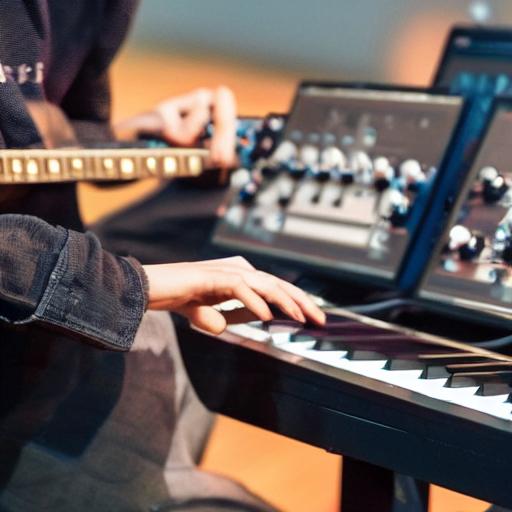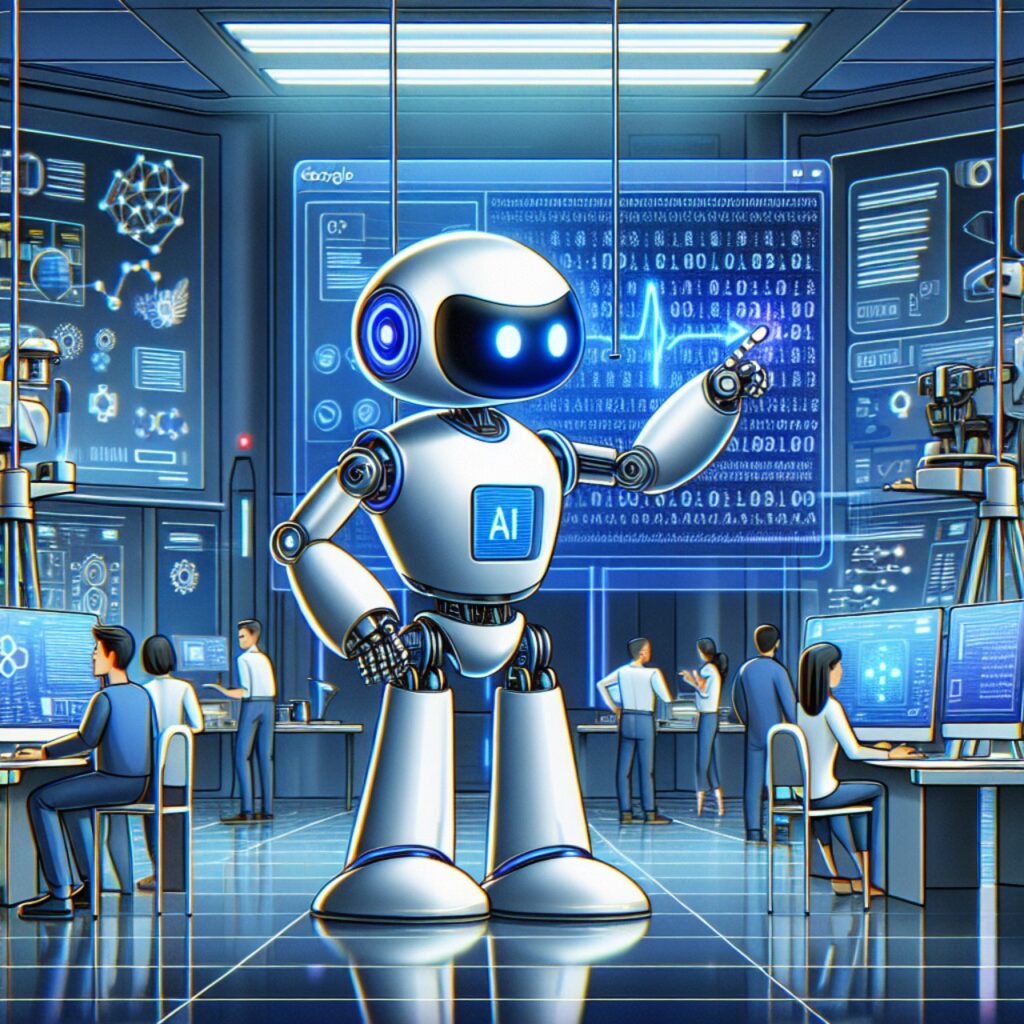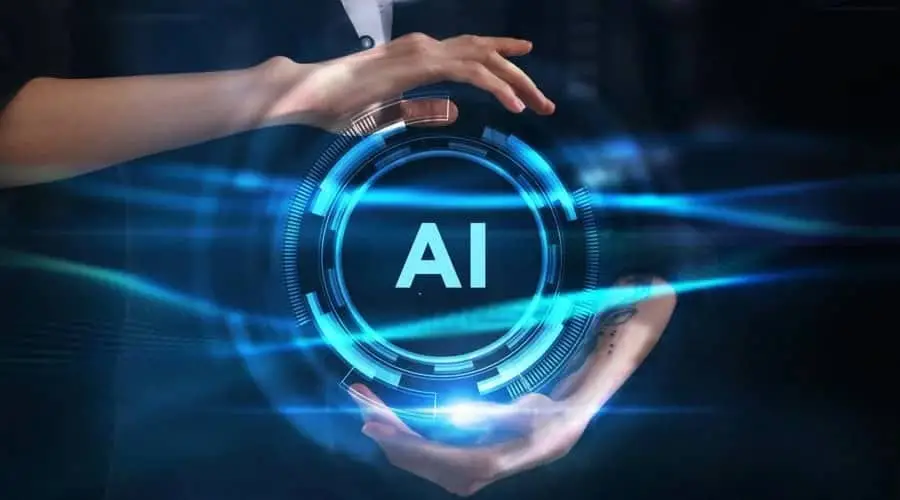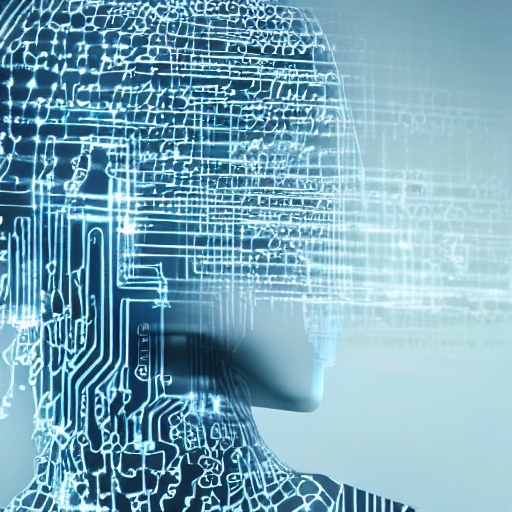It’s not at all odd that AI would venture into music given how gradually it has permeated every aspect of our digital life, from essay writing to discussions with therapists to the creation of unique art. It also comes as no surprise that tech juggernaut Google would arrive first.
Users would be able to put in increasingly detailed cues mentioning genres and styles or even make compositions based on a hummed or whistled melody, according to sources, and the AI bot would then employ both text and sound prompts to produce “original” music. The upcoming software is internally referred to as MusicLM.
According to a research article published on January 26, MusicLM is a “model creating high-fidelity music from text descriptions” that “generates music at 24 kHz that remains consistent over several minutes.” According to the study, songs can be produced from captions with intricate writing, like:
An arcade game’s primary music. It has a snappy electric guitar riff and is fast-paced and energetic. The music has predictable sounds like drum rolls or cymbal crashes but is also repetitive and simple to learn.
A collection of sounds, other AI prompts derived from sources like art archives, and additional sequences of timed text prompts all contribute to the construction of songs.
A preliminary release of the 5,500 music-text pair dataset known as MusicCaps includes examples of the AI-generated songs that have previously been uploaded to Google’s Github account.
With so many artists and art repositories refusing to allow the public use of their works in the creation of AI bots like these, the launch of such a platform will undoubtedly spark additional discussions about the role of artificial intelligence in intellectual property theft and copyright infringement. Others, meanwhile, are leveraging the rise of AI-fronted tech. Additionally, as exploited workforces bear the brunt of data mining and moderation, further breakthroughs in AI also present significant threats for the people who create the technology.
The Google AI music maker won’t be available anytime soon, the company has announced, citing persistent issues with cultural programming biases, bugs, and concerns about plagiarism that need to be addressed before its release.









